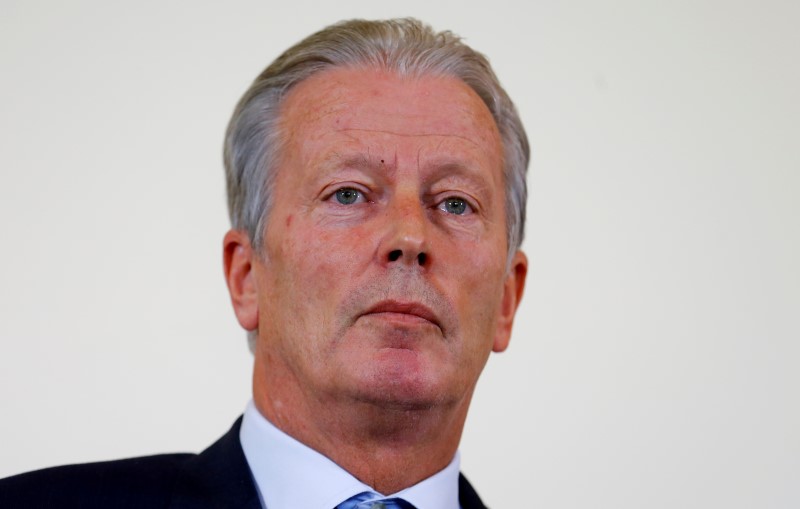By Shadia Nasralla
SALZBURG, Austria (Reuters) - Austria's acting Chancellor Reinhold Mitterlehner did not rule out a snap parliamentary election after Werner Faymann quit as head of the government, but said on Tuesday he expected to reach agreement in coalition talks with the Social Democrats.
Faymann resigned as chancellor on Monday, bowing to a revolt inside his Social Democratic Party after it suffered a humiliating defeat to the far right in a first-round vote for the largely ceremonial post of president in April.
He was among the most prominent casualties to date of a rise in support for far-right parties across Europe, spurred by concern about a mass influx of migrants and refugees fleeing war and poverty in the Middle East and parts of Africa and Asia.
"We are not interested in early elections per se," Mitterlehner, who heads the conservative People's Party (OVP), told a news conference after a weekly cabinet meeting.
But he outlined points he wanted to be part of any agreement to keep working with the Social Democrats, who plan to announce a proposed successor to Faymann as party leader and chancellor next week.
Among these was a continuation of current immigration policy, including capping asylum claims at less than half last year's total and backing recent legislation paving the way for introducing a tougher asylum system at the border.
If agreement could not be reached on those points, a snap election was possible, he said.
Austria took in around 90,000 asylum seekers in 2015, more than 1 percent of its population. That has helped fuel support for the anti-immigration Freedom Party, which topped the first round of the presidential election with 35 percent.
After a party leadership meeting later on Tuesday in Salzburg, near the German border, Mitterlehner said his party wanted a package of economic measures and a cap on a benefit payment to be part of any deal to keep the coalition alive. But he signalled he was open to negotiation on this.
The benefit in question is the basic support people in Austria are entitled to, which varies according to circumstances. The tabloid press has seized on cases where foreigners in the country legally have received large sums.

Mitterlehner said he wanted these payments to be limited to 1,500 euros (£1,181) a month, and the proposed economic package should include items like reducing bureaucracy and greater deregulation.